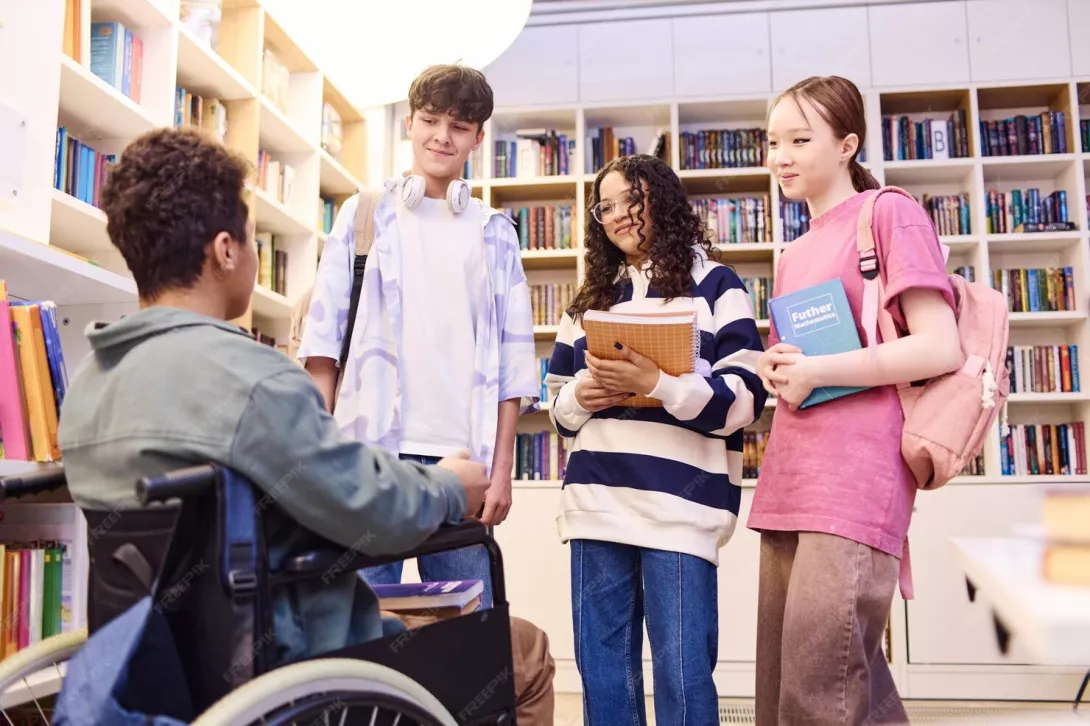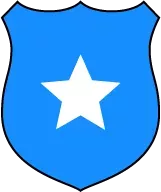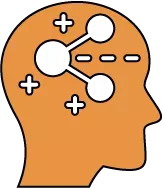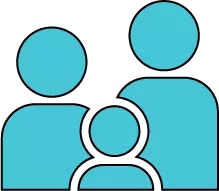Kids have rights!
Last Reviewed:
Reviewed By:

You have many protected rights. These rights are fundamental, and cannot be taken away from you or given up. Knowing your rights helps you better stand up for yourself and others!
Every child has the right to be safe, have their basic needs met, have their opinions heard and expressed, and many more! Each one of these rights are equally important and must be respected. These rights can be found enshrined in the UN Convention on the Rights of a Child, and puts responsibilities on governments, adults, and communities. With 54 rights, it might be difficult to remember them all, so keep in mind the four broad principles!
- Non-Discrimination: All children have the right not to be treated unfairly because of who they are, such as their race, religion, gender identity, physical or mental ability, family and more.
- Best Interest of the Child: The primary concern for parents, caretakers, teachers and governments who make decisions that affect you should be what your best interest is.
- Right to Life, Survival, and Development: Every child has the right to live and develop in a healthy way. This includes the right to medical care, education, shelter, and more
- Respect for Kids’ Views: While this does not mean you can boss adults around, you have a right to your opinion and for it to be heard! You have a right to say what you think about decisions affecting you, and adults must take it seriously.
Having rights does not take away your parents or guardians’ authority to make decisions for you and your family. Your parents have the responsibility to look out for your well-being.
Rights of Kids in Care
If you are in care you have extra protections including the right to:
- Live in a caring, secure and nurturing environment where you are properly fed, clothed and looked after
- Be told what is in your plan of care
- Be consulted and to express your views about important decisions that affect you
See Your Rights in Care: What You Need to Know for more information.


Dig Deeper
You can learn more about your rights as a kid or youth in care from the Representative of Children and Youth
Rights of Indigenous Youth
Indigenous children have the same rights as all children, plus additional rights that address the unique challenges they face due to their history and experiences.
Indigenous kids also have rights under the United Nations Declaration of the Rights of Indigenous Peoples which explains how the rights of Indigenous peoples are to be protected by governments around the world. You can download an adolescent friendly version of the act here.
Part of realizing Indigenous kid’s rights is making sure they have the things they need to thrive. Jordan's Principle is a rule in Canada that makes sure First Nations kids can get the services they need, like medical help, mental health support, and stuff they need to reach their full potential.
Rights of Kids in Family Law Disputes
If your parents are separating, you have the right to have your views heard and taken seriously. This can happen by simply talking to your parents about what is important to you, but there are also more formal ways you can participate like by taking part in a mediation, speaking directly to the judge, or even having your own lawyer.


Get help
The Child and Youth Legal Centre provides legal support for young people who are experiencing problems relating to family law, child protection, a breach of your human rights and many other legal issues.
Phone: 778-657-5544 or toll free at 1-877-462-0037
Email: cylc@scyofbc.org
Right or Want Quiz
Let’s have a little think about the difference between a ‘right’ and a ‘want’.
RIGHT: Something you need to survive and reach your full potential
WANT: Something you desire or wish for, but not necessary to living a full life Guess which of the following is a right.
 Crime & Police
Crime & Police Money Stuff
Money Stuff Health & Sexuality
Health & Sexuality Legal Life Skills
Legal Life Skills Driving
Driving Family
Family Work & School
Work & School Housing
Housing Basic Rights
Basic Rights